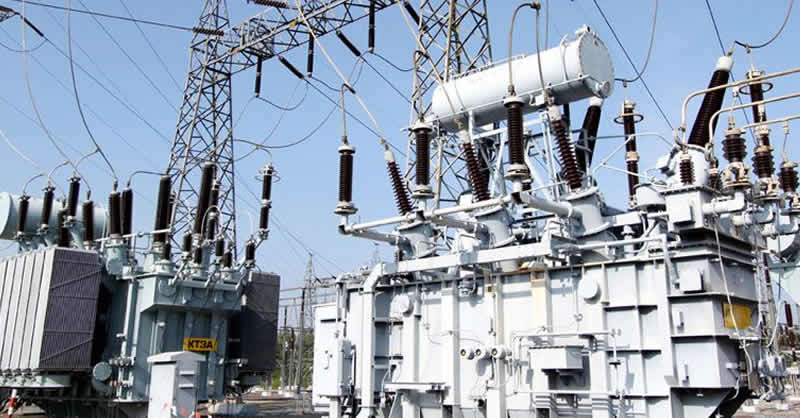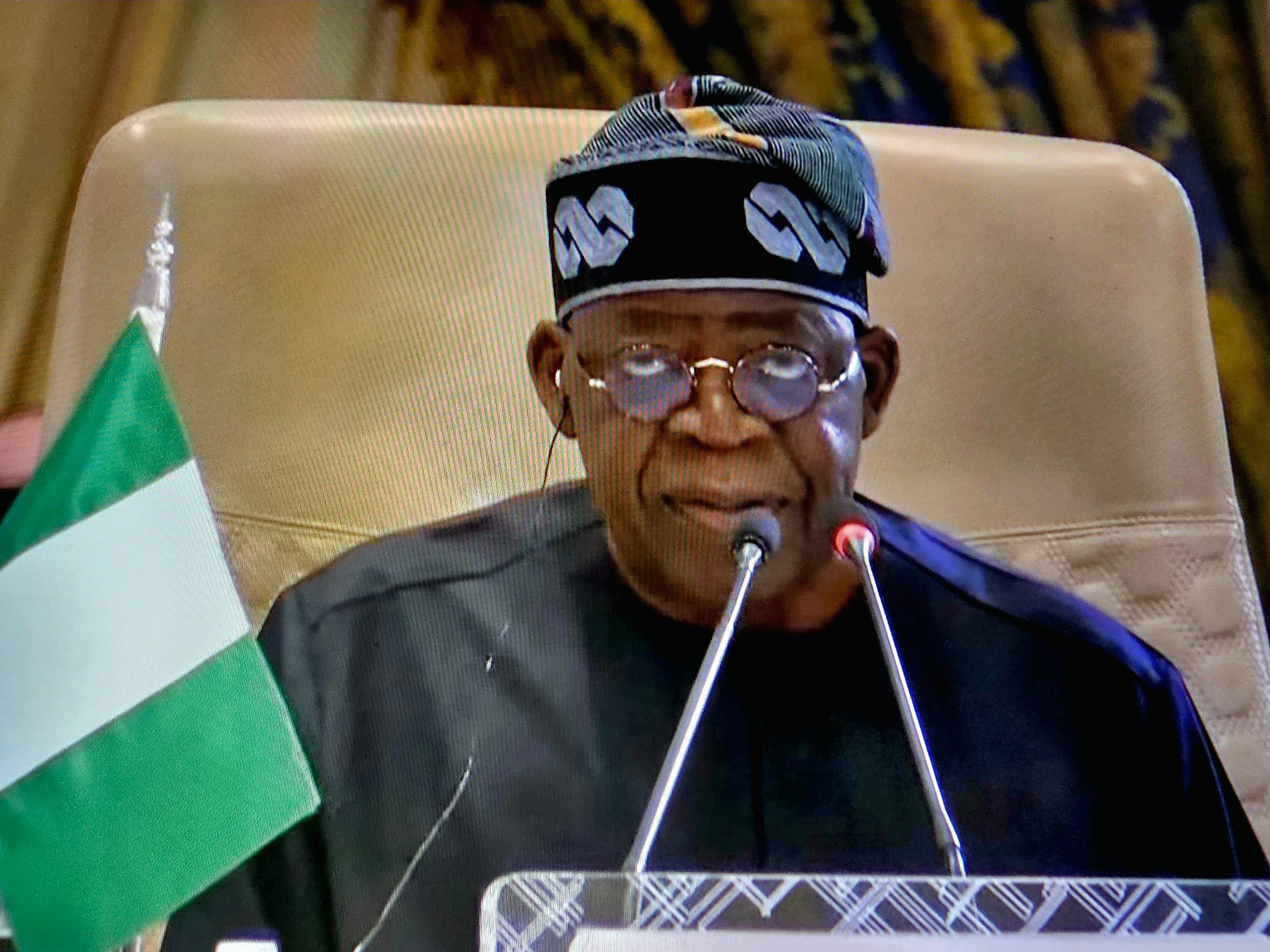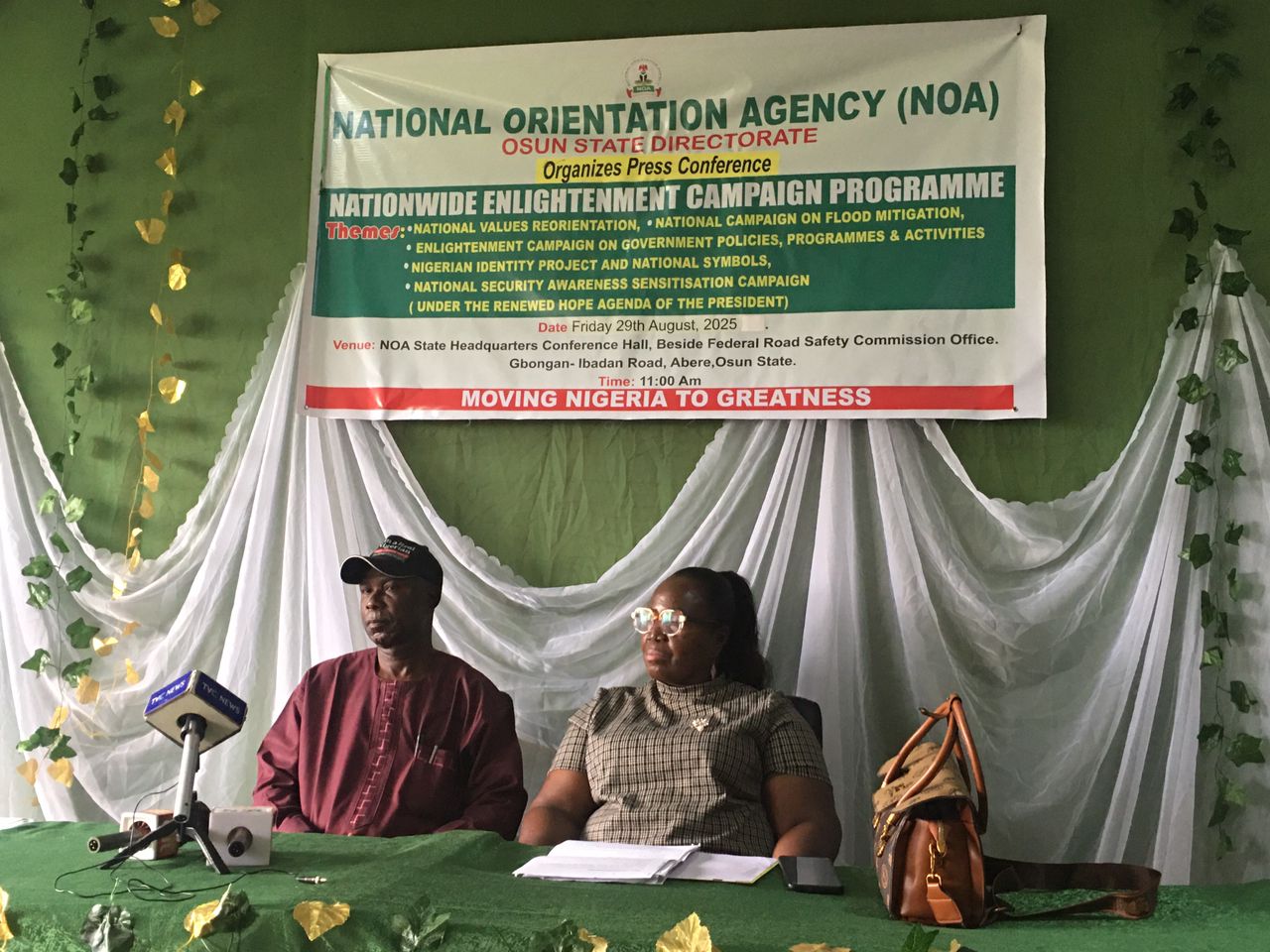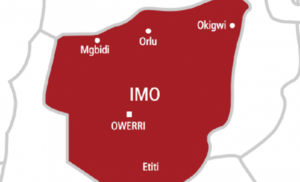Full Details Of 10 National Grid Collapse Experienced In 2024
Nigeria’s national electricity grid experienced its 10th collapse in 2024 on Thursday, November 7 following severe collapses within a month.
This constant development has brought to the fore the ongoing issues in the country’s power infrastructure.
The National Grid Agency announced the most recent disturbance through an update on its official X account on Thursday.
The collapse has shown a persistent problem that has plagued Nigeria’s power sector this year.
Below is a comprehensive list of the national grid collapses and disturbances recorded in 2024:
Sunday, February 4 – Collapse
Thursday, March 28 – Collapse
Monday, April 15– Collapse
Saturday, July 16 – Collapse
Monday, August 5 – Collapse
Monday, October 14 – Collapse
Tuesday, October 15 – Partial Collapse
Saturday, October 19– Disturbance
Tuesday, November 5 – Disturbance
Thursday, November 7 – Setback
The Federal Government has attributed these frequent power grid failures to a combination of outdated infrastructure, insufficient equipment, and poor maintenance practices.
Nafisatu Asabe Ali, Chairperson of the committee assigned to investigate the collapses, presented a detailed report on the findings at the Ministry headquarters in Abuja.
Ali revealed that high voltage levels, exceeding the capacity of the current equipment, were primary contributors to the blackouts recorded on October 14 and 19.
The inquiry found that lightning arrestors at the Jebba and Oshogbo transmission stations failed, with an explosion of a current transformer at Jebba Station exacerbating the outages.
“For the event on the 14th, lightning arrestors in Jebba and Oshogbo shattered.
“The one in Jebba was for the shunt reactor and this was caused by high voltage.
“Subsequently, we had the tripping of multiple 330kV transmission lines,” Ali reported.
The investigative committee emphasized that similar technical issues were identified across various power stations during their review, indicating the urgent need for comprehensive upgrades and improved maintenance protocols to stabilize the grid.
The recurrent grid collapses have led to widespread power outages, affecting millions of Nigerians and raising significant concerns about the sustainability and reliability of the nation’s power supply.
The government is now facing increased pressure to implement reforms that will enhance infrastructure resilience and prevent future disruptions.















Post Comment